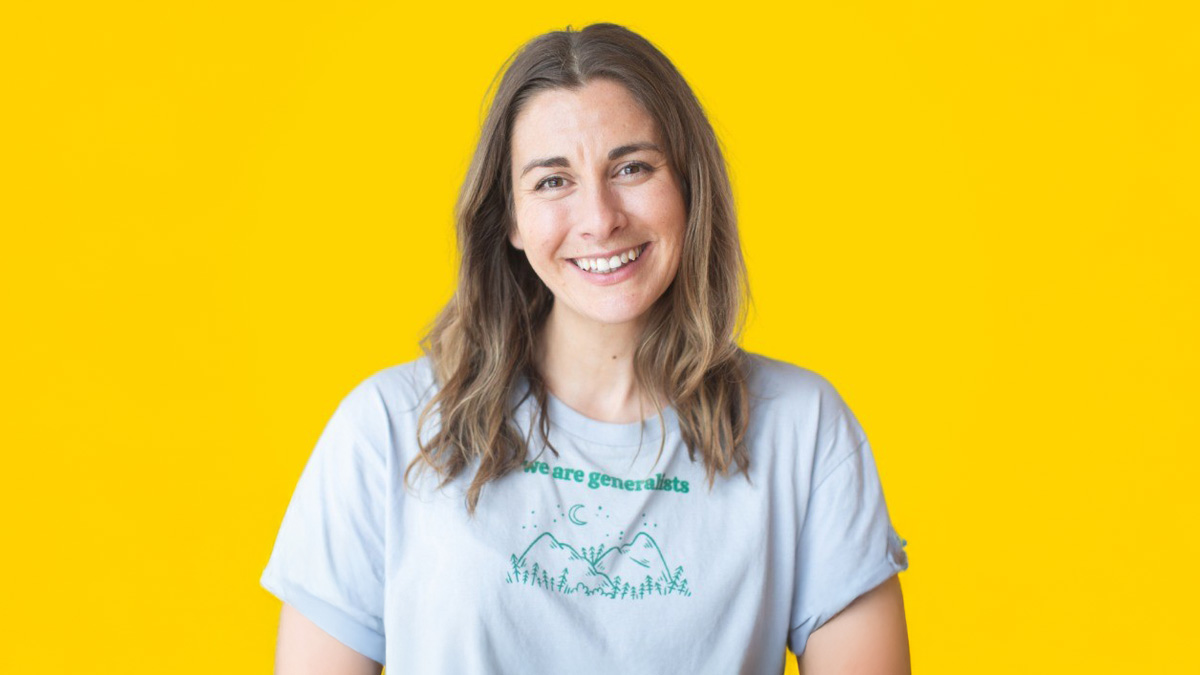Kimberley-Clark on how it avoids putting its staff in ‘burnout territory’
The company behind Andrex, Kleenex and Huggies is challenging the philosophy that 110 per cent effort gets the best results

In this podcast episode, we look at Kimberly-Clark, the owner of Andrex, Kleenex, Huggies and other well-known consumer brands. The business was founded in 1872 in Wisconsin in North America and initially operated paper mills. More than 150 years after it was founded, Kimberly-Clark is still thriving and relevant to consumers.
Kimberly-Clark was one of the companies featured in Jim Collins’ definitive business book Good to Great, which looked at why an exclusive collection of companies have been able to deliver extraordinary results over not just the short term but a sustained period of years, even decades.
We spoke to Dan Howell, the managing director of Kimberly-Clark in the UK and Ireland, about why the business has been able to maintain its success and how it keeps its brands relevant to consumers. Howell has worked in the consumer goods industry for about 20 years. He was at AB InBev, Muller and 2 Sisters before joining Kimberly-Clark in 2020.
“I strongly believe health is foundational to everything else. For me to be able to care for my family, to be a great leader and look after my team, I have to look after myself first,” Howell says. “I bring that philosophy to the way I lead the organisation and the culture we’re trying to create. I strongly believe happy and healthy people will always perform better.

“How do we go about it? I think it has to go beyond the next wellbeing initiative, a fruit bowl on the side in the office or the next wellness app. There’s an old management philosophy that 110 per cent effort is going to get the best results. We’re really challenging that. Actually, we’ve got to operate below our maximum capacity. We can’t be in this burnout territory where I think a lot of businesses have been, particularly post-Covid. We’ve got to be very intentional about finding an optimal level of effort that we’re putting in so that we can focus more clearly and be more creative.”
One area where Kimberly-Clark tries to support staff is flexible-working arrangements. “The policy is very much about getting the work done in the way that makes the most sense,” Howell says. “People make a choice based on the work they’re doing. But we do strongly encourage the need to connect in person and to build relationships. We have culture and collaboration days on a Tuesday and a Wednesday. We put most of our high-engagement sessions across those two days where it makes more sense to be in person.”
Kimberly-Clark tracks the wellbeing of its staff through internal surveys. Howell says there is a direct correlation between the wellbeing of staff improving and the performance of the business “significantly stepping up”. Howell also offered some fascinating insights into how Kimberly-Clark thinks about marketing. “That personal relationship helps us target them and better meet their needs. I’d probably say that’s the biggest shift over time – the need to have a more personal relationship with our consumers.”



